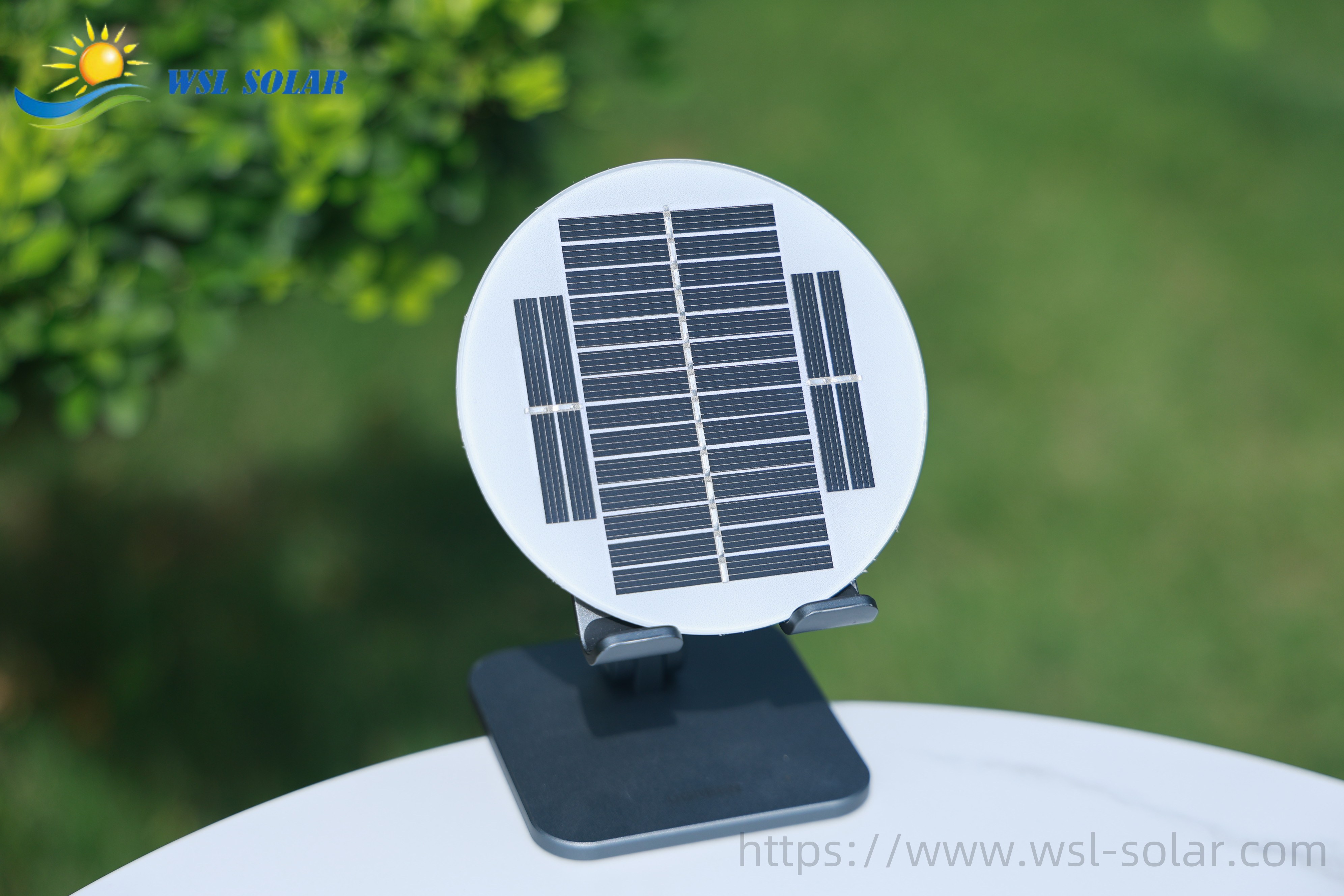A solar panel is a device designed to convert sunlight into electricity using photovoltaic (PV) cells. These cells are typically made of semiconductor materials like silicon, which produce an electric current when exposed to sunlight.
Functionality of Solar Panels
Solar panels operate by absorbing sunlight and converting it into electricity through the photovoltaic effect. This process includes several key components: the solar cells within the panel generate direct current (DC) electricity, which can then be converted into alternating current (AC) electricity suitable for household use using an inverter. An average solar panel consists of multiple solar cells that work in unison to produce a higher voltage and current, creating a more substantial power output.
 Types of Solar Panels
Types of Solar Panels
There are primarily two types of solar panels: monocrystalline and polycrystalline. Monocrystalline panels, made from a single crystal structure, are known for their high efficiency and performance in low-light conditions. In contrast, polycrystalline panels, formed from multiple crystal structures, tend to be less expensive but also have slightly lower efficiency rates. Thin-film solar panels are another category that utilizes layers of photovoltaic material deposited onto a substrate, which allows for a flexible form factor but often at reduced efficiency compared to crystalline panels.
Applications of Solar Panels
Solar panels have a broad range of applications. They are commonly used in residential and commercial settings to power homes and businesses. Additionally, solar panels are employed in standalone systems for remote areas, satellite systems, and even automotive applications. The versatility of solar panels makes them a suitable solution for a wide array of energy needs, including off-grid living and providing power to essential services in remote locations.
Benefits of Using Solar Panels
Utilizing solar panels offers numerous advantages, including reduced electricity costs, minimal environmental impact, and energy independence. Solar energy is renewable and does not produce greenhouse gases during operation, making it a cleaner alternative to fossil fuels. Furthermore, many government incentives, such as tax credits, encourage the adoption of solar technology by offsetting initial installation costs.
Conclusion
In summary, solar panels are essential components of modern renewable energy systems, allowing for the efficient conversion of sunlight into usable electricity. Their growing popularity is driven by advancements in technology and increasing awareness of sustainable energy practices. As solar technology continues to evolve, it is expected that the efficiency and affordability of solar panels will improve further, expanding their applications and benefits.
WSL Solar has been a quality and professional manufacturer of
custom solar panels, solar mini panels, IoT solar panels and solar solution provider in China since 2006.
